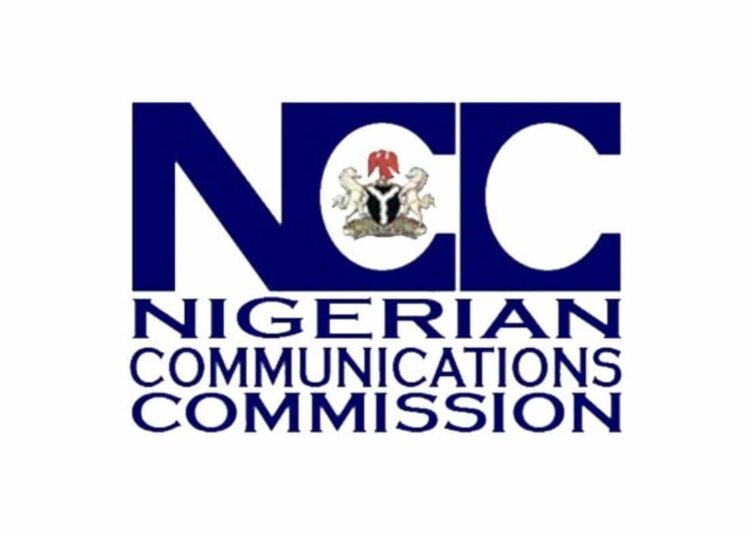Nigeria’s telecom sector is often regarded as a model of regulatory success, with other African countries looking to it as a benchmark. This success has made the industry a proud contributor to Nigeria’s economy, representing over 16% of the country’s GDP. It stands out as one of the few sectors in Nigeria to have successfully embraced liberalization.
However, despite these successes, the sector still faces numerous challenges, including multiple taxes, vandalism, and economic shifts. Under the leadership of Dr. Maida, the new Executive Vice Chairman (EVC) of the Nigerian Communications Commission (NCC), the focus has shifted from simply ensuring good service quality (QoS) to improving the overall customer experience (QoE). This more customer-centric approach demands greater accountability from telecom operators.
Dr. Maida has also shown commitment to protecting telecom infrastructure. For example, after a significant incident involving multiple fiber cuts that disrupted services for one of Nigeria’s largest telecom operators, the EVC quickly advocated for stricter penalties for those who damage telecom equipment. This proactive response aims to safeguard investments and reassure telecom operators that their infrastructure is secure.
Despite these efforts, the long-term success of the industry depends not only on protecting infrastructure but also on establishing a sustainable pricing mechanism for services.
Nigeria, like many countries worldwide, is grappling with tough economic challenges, which are affecting businesses across various sectors. The global economy is slowing down, inflation is rising, and many countries are adjusting their policies to cope with these changes. In Nigeria, the central bank is struggling to stabilize the naira, and the cost of living is rising, particularly due to the removal of petrol subsidies and increasing food prices. These economic pressures have weakened the purchasing power of Nigerians, which in turn impacts businesses.
Recently, Nigeria’s currency has weakened, causing an increase in prices of goods and services. For example, the National Bureau of Statistics (NBS) reported that food prices have risen significantly, with items like bread, cereals, yams, and fish seeing price hikes.
As these challenges continue, the debate over telecom tariffs has intensified. Telecom operators such as MTN, Airtel, and GLO have kept their prices the same for over a decade, despite inflation, currency devaluation, and rising operational costs. Meanwhile, other industries, like DStv, Netflix, and Nigerian Breweries, have raised their prices to cope with economic changes.
In the telecom industry, the high cost of diesel used to power generators for telecom towers is a significant factor affecting service delivery. With many telecom towers running on diesel 24/7, the rising cost of fuel directly impacts operational expenses and the maintenance of infrastructure.
The telecom industry now faces a critical challenge: balancing affordable pricing for consumers with the need for operators to remain profitable. Maintaining a good quality of service is essential, but it also requires ongoing investments that can only be funded through profitability. Without profitability, there can be no investment in infrastructure, which is essential for the industry’s continued growth and the introduction of new technologies like 5G and eventually 6G.
To ensure the future of the telecom industry, it’s essential to review the current pricing structure. A flexible, cost-reflective tariff system will allow telecom operators to adapt to rising costs while still maintaining service quality. The industry must have the ability to adjust prices based on real operational costs if it is to continue thriving.
The push for cost-reflective tariffs is not just about short-term profitability; it’s a long-term strategy to ensure the sector’s growth. The transition from 2G to 5G, with 6G on the horizon, has been made possible by significant investments in infrastructure. However, without a regulatory framework that supports these investments, the industry risks stagnating, which could harm service availability and technological progress.
Nigeria’s telecom sector is at a crossroads, where challenges related to infrastructure, pricing, and regulation must be addressed swiftly and collectively. With the right approach, the telecom industry can continue to drive economic growth and improve the lives of Nigerians.
Dr. Adesola is a Senior Lecturer and former Head of the Department of Computer and Information Sciences at Trinity University.




